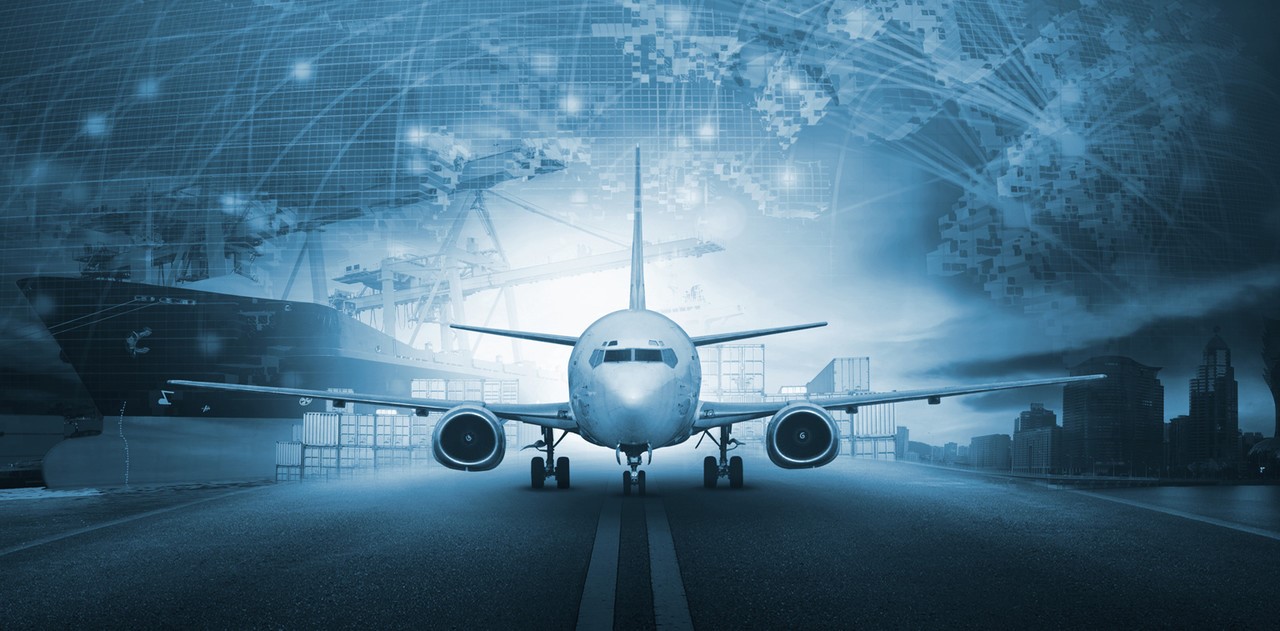
Aviation digital transformation is changing how airlines operate, making flights safer, more efficient, and enjoyable. But what exactly does this transformation involve? Digital transformation in aviation includes using advanced technologies like artificial intelligence, big data, and the Internet of Things (IoT) to improve everything from flight scheduling to passenger experience. Airlines can now predict maintenance issues before they happen, optimize fuel usage, and offer personalized services to travelers. This shift isn't just about technology; it's about creating a seamless, smarter journey for everyone involved. Ready to learn more? Here are 11 facts that will give you a clearer picture of this exciting evolution.
Key Takeaways:
- Aviation's digital transformation is revolutionizing safety, efficiency, and passenger experience. From predictive maintenance to personalized services, technology is shaping the future of air travel.
- Digital advancements in aviation are not only enhancing the passenger experience but also addressing environmental concerns. From in-flight connectivity to fuel efficiency, technology is making air travel more sustainable.
The Evolution of Aviation Technology
Aviation has come a long way since the Wright brothers' first flight. Digital transformation is now at the heart of this evolution, driving efficiency, safety, and passenger experience to new heights. Here are some fascinating facts about how digital technology is reshaping aviation.
-
Enhanced Flight Planning: Modern flight planning systems use advanced algorithms and real-time data to optimize routes, saving fuel and reducing emissions.
-
Predictive Maintenance: Airlines now use predictive analytics to foresee potential equipment failures, allowing for timely maintenance and reducing unexpected downtime.
-
In-Flight Connectivity: Passengers can now enjoy high-speed internet at 35,000 feet, thanks to satellite-based Wi-Fi systems.
Safety and Efficiency Improvements
Safety and efficiency are paramount in aviation. Digital tools and systems have significantly enhanced both aspects, making air travel safer and more reliable.
-
Digital Twins: These virtual replicas of aircraft allow engineers to simulate and analyze performance, identifying issues before they occur.
-
Automated Air Traffic Control: Advanced systems help manage air traffic more efficiently, reducing delays and improving safety.
-
Electronic Flight Bags (EFBs): Pilots now use tablets instead of bulky paper manuals, providing instant access to critical information and reducing cockpit clutter.
Passenger Experience Enhancements
Digital transformation isn't just about the technical side of aviation; it also greatly impacts the passenger experience, making travel more comfortable and enjoyable.
-
Personalized Services: Airlines use data analytics to offer personalized services, from tailored in-flight entertainment to customized meal options.
-
Biometric Boarding: Facial recognition technology speeds up the boarding process, reducing wait times and enhancing security.
-
Mobile Check-In: Passengers can check in, choose seats, and receive boarding passes via their smartphones, streamlining the pre-flight process.
Environmental Impact and Sustainability
Digital advancements are also helping the aviation industry address environmental concerns, making air travel more sustainable.
-
Fuel Efficiency: Advanced flight management systems optimize fuel usage, reducing the carbon footprint of each flight.
-
Paperless Operations: Digital documentation and communication reduce the need for paper, contributing to more sustainable operations.
The Future of Aviation
Aviation's digital transformation is reshaping the skies. From AI-driven flight planning to blockchain for secure data, the industry is soaring to new heights. Automation is streamlining operations, while IoT enhances safety and efficiency. Big Data analytics provide insights that improve everything from maintenance to passenger experience. Virtual Reality is revolutionizing pilot training, and drones are expanding possibilities in cargo delivery. Cybersecurity remains a top priority, ensuring the integrity of these advancements. As technology evolves, the aviation sector continues to innovate, making air travel safer, more efficient, and more enjoyable. Embracing these changes is crucial for staying ahead in this fast-paced industry. The sky's the limit for what digital transformation can achieve in aviation. Buckle up, because the future of flight is here, and it's more exciting than ever.
Frequently Asked Questions
Was this page helpful?
Our commitment to delivering trustworthy and engaging content is at the heart of what we do. Each fact on our site is contributed by real users like you, bringing a wealth of diverse insights and information. To ensure the highest standards of accuracy and reliability, our dedicated editors meticulously review each submission. This process guarantees that the facts we share are not only fascinating but also credible. Trust in our commitment to quality and authenticity as you explore and learn with us.


